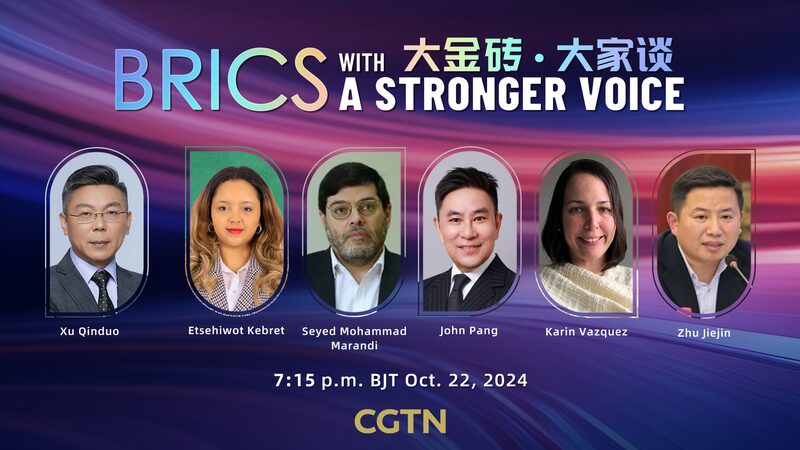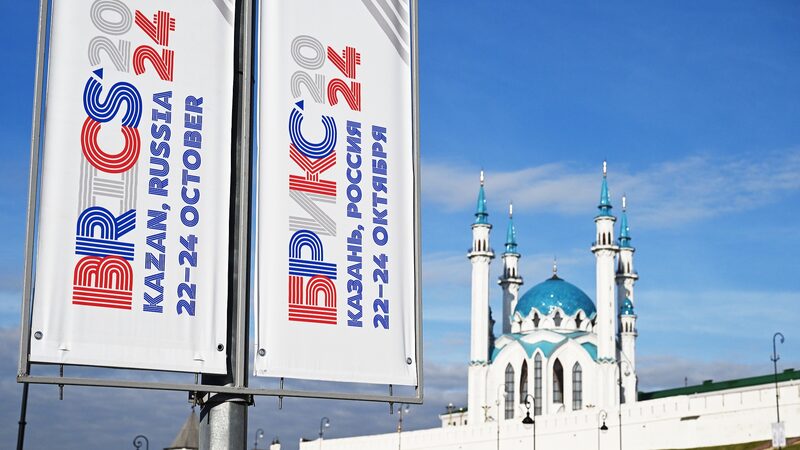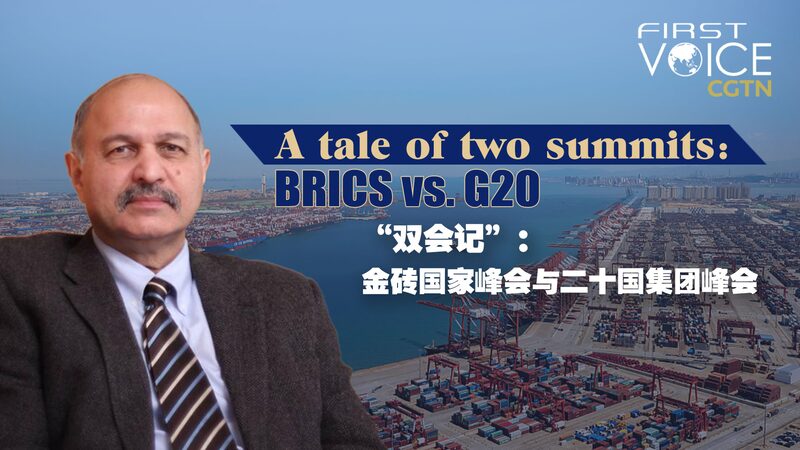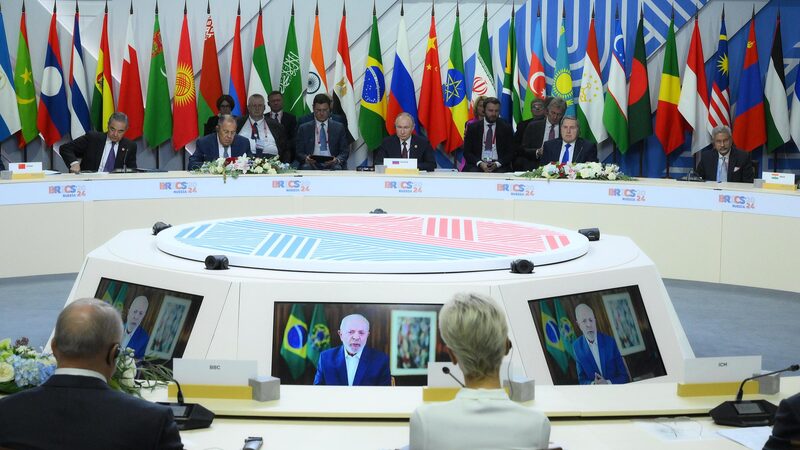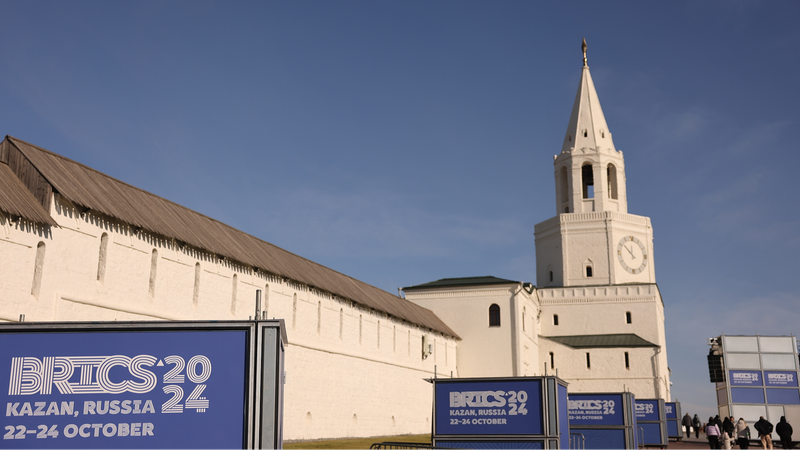BRICS, the alliance of emerging economies comprising Brazil, Russia, India, China, and South Africa, has come a long way since its inception in 2006. As we enter 2024, the advent of “Greater BRICS” marks a new chapter in global cooperation, with new members joining the mechanism. This expansion signifies a shift toward a more equitable global order amidst unprecedented changes in human history.
The inclusion of new nations into BRICS raises critical questions about the future of international relations. How will an expanded BRICS help build a more just, equitable world order? How will countries with different political, cultural, and geographical backgrounds strengthen pragmatic cooperation in fields such as economy, energy, and technology? In what ways will a “Greater BRICS” amplify the voice of the Global South and promote openness, inclusiveness, cooperation, and win-win outcomes on a global scale?
These topics were the focus of discussion in the recent episode of “Dialogue,” featuring esteemed guests:
- Zhu Jiejin, professor and deputy director of the Center for UN and International Organizations Studies at Fudan University
- Karin Vazquez, associate professor and assistant dean at O.P. Jindal Global University
- Professor Seyed Mohammad Marandi from the University of Tehran
- Etsehiwot Kebret, development finance consultant at Development Reimagined
- John Pang, senior fellow of the Belt and Road Initiative Caucus for Asia Pacific
Professor Zhu emphasized that the expansion of BRICS represents a move towards greater inclusivity, allowing more countries to participate in shaping a fairer global governance structure. “An expanded BRICS provides a platform for emerging economies to collaborate on common challenges and drive sustainable development,” he noted.
Associate Professor Vazquez highlighted the importance of cultural and political diversity within BRICS. “The strength of BRICS lies in its diversity. By bringing together nations with varied experiences and perspectives, we can foster innovative solutions to global issues,” she said.
Professor Marandi pointed out that the Global South stands to benefit significantly from a stronger BRICS. “An empowered BRICS can give a bigger voice to the Global South, ensuring that their concerns are heard on the world stage,” he asserted.
Development finance consultant Kebret discussed the potential for enhanced cooperation in economic and technological fields. “Collaboration among BRICS members can lead to breakthroughs in technology and energy, benefiting not just the member countries but the world at large,” she explained.
John Pang emphasized the role of BRICS in promoting openness and win-win cooperation. “Greater BRICS is about creating partnerships that are mutually beneficial, fostering an environment where all parties can thrive,” he concluded.
As “Greater BRICS” unfolds, the world watches with anticipation. The expanded alliance holds the promise of reshaping global dynamics, promoting equity, and addressing the pressing challenges of our time through collective action and shared vision.
Reference(s):
cgtn.com
